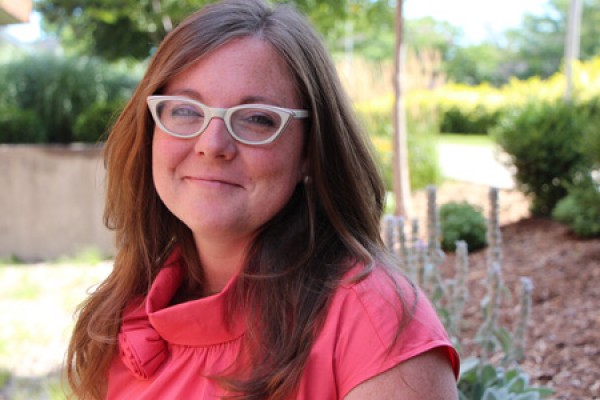 Claire Mummé says Windsor's rich labour history makes it a perfect place for her to continue her research.
Claire Mummé says Windsor's rich labour history makes it a perfect place for her to continue her research.
There can’t be many other places in Canada better suited for a researcher like Claire Mummé.
“This is a particularly interesting place for labour and employment,” said Mummé, the newest addition to the Faculty of Law. “It’s kind of a microcosm for a lot of the bigger issues happening in the field.”
As she prepares for the upcoming semester, Mummé is just finishing off her PhD dissertation, which examines the relationship between notions of property and contract in employment, within the broader context of the specific regulatory and labour market conditions between 1890 and 1970.
“I’m looking at the way employment law has developed in the post master and servant era,” she said. “I’m interested in how we regulate the labour market as a whole.”
Born in Montreal and raised in Toronto, Mummé earned undergraduate degrees in history and political science at the University of Toronto and then completed her law degree at York’s Osgoode Hall Law School in 2006. She articled for the federal justice department in Ottawa and then earned a master’s degree in law from New York University in 2008. She also spent some time as a research fellow at Dalhousie while working on her PhD at Osgoode.
When she’s not teaching her courses on access to justice, personal employment and contract law in the dual Juris Doctor program with University of Detroit Mercy, Mummé will devote her research time to studying the ways in which the law commodifies labour power in knowledge and service-based work, where work is no longer confined to a workplace and work week.
Understanding the evolution of how labour standards developed will help Mummé better understand present day labour law, especially with all of the dramatic changes happening in today’s workplace.
“The whole field is saying that labour law is in crisis,” she said, “because so few workers are unionized and because of challenges to the traditional labour market paradigm of long-term, stable full time work. The big question is about how labour rights can be achieved with the dropping numbers of unionized workers, and how to design laws that reach the most vulnerable workers given the proliferation of non-standard forms of work.”
Besides having a rich labour history, Mummé said Windsor and the university community have been very friendly and welcoming, and people are more than happy to talk about their work conditions.
“People are genuinely helpful and supportive,” she said. “That’s been very impressive.”
